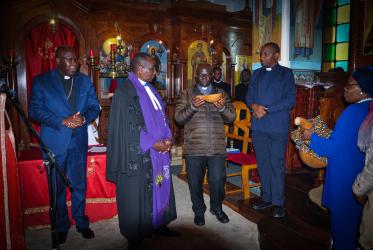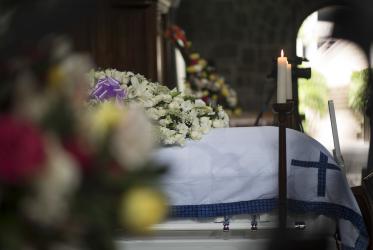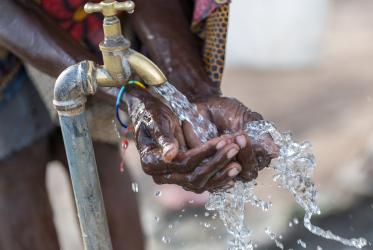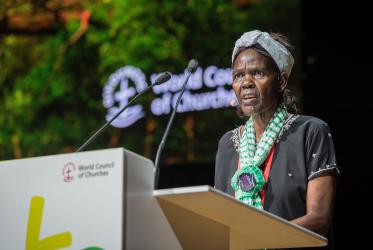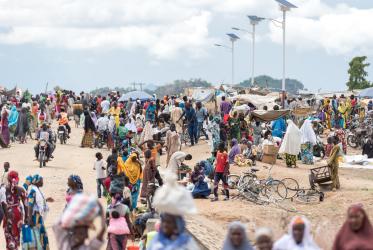Displaying 1 - 20 of 314
26 April 2024
South Sudan churches share Easter messages of hope
04 April 2024
Christians in Kenya mark Week of Prayer for Christian Unity
23 January 2024
Peace Pilgrim Agnes Abuom dies at 73
01 June 2023


